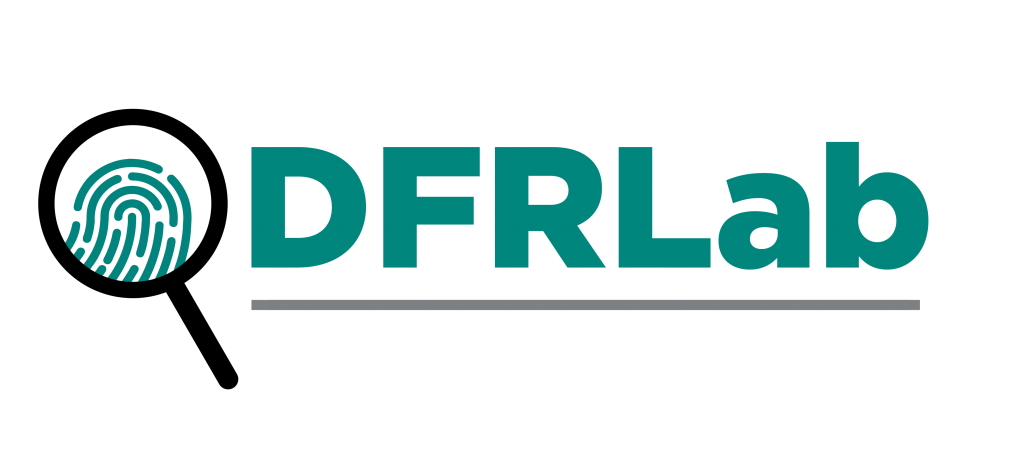Digital identities and border cultures: The limits of technosolutionism in the management of human mobility
Introduction
In August 2022, British anti-surveillance group Privacy International filed a complaint against the United Kingdom (UK) government for the use of GPS tagging and ankle monitors on refugees and migrants arriving in the country via the Channel. The group argued that the practice—leveraging tactics used to manage criminal populations—traumatizes and stigmatizes refugees and migrants, and by extension, criminalizes the search for asylum. Some of the victims of the practice asserted that it made them feel “like prisoners,” and others showed psychological impacts such as reluctance to engage with outsiders or even to leave their homes.
This is just one of the many instances of the growing use of technology to manage refugee and migrant populations around the world. In 2021, there were an estimated 281 million migrants globally, comprising: refugees and asylum seekers; students; those fleeing environmental and natural disasters; and those who relocated for employment or leisure. By this count, an estimated 3.6 percent of the world’s population was on the move in one year—the highest in history and a rate likely to continue if circumstances remain unchanged.
Policymakers and analysts have interpreted data on the rising number of global migrants and refugees to mean that there is a crisis underway that requires increasingly elaborate methods of policing and control, leading many to turn inward toward law enforcement or security-based technologies. However, data and research suggest that there is not so much a crisis of migrants as there is a crisis within policymaking, where the humanitarian instinct to protect those in search of safety and opportunity is being displaced by a desire to project power at the expense of vulnerable populations. Without critical evaluation of these claims, governments are increasingly accepting, normalizing, and indeed championing claims about fears of invasion and replacement that are, by extension, making dangerous room for extremist rhetoric that undermines democracy globally. Put differently, the absence of policy space for humane conversations around refugees and migrants is directly undermining democracy.
Technology has become a major mechanism to manage the movement of people both domestically and internationally, triggering ethical debates about its impact, particularly when employed by democratic governments in ways that are at odds with universal human rights. Countries are deploying tools to address the questions of digital citizenship and digital identity, but the leap between legal and technical definitions of identity is not insignificant and has major social implications, as discussed here. The rise of technosolutionism, or reliance on technology to solve complex social and political issues better suited to social approaches, reinforces exclusionary ideologies such as ethnonationalism and racism. That same technology, developed in securitized immigration contexts with fewer legal protections, is then often redeployed more broadly within democratic societies, or sold overseas to governments with less responsive governance structures, muddying citizens’ expectations of due process, civil rights, and democratic protections.
This paper intends to better inform the conversation around technology’s impact on democracy by evaluating technosolutionism and its application to the management of human mobility.

The Atlantic Council’s Digital Forensic Research Lab (DFRLab) has operationalized the study of disinformation by exposing falsehoods and fake news, documenting human rights abuses, and building digital resilience worldwide.
Image: "Artificial Connection" by Boniface Maina.